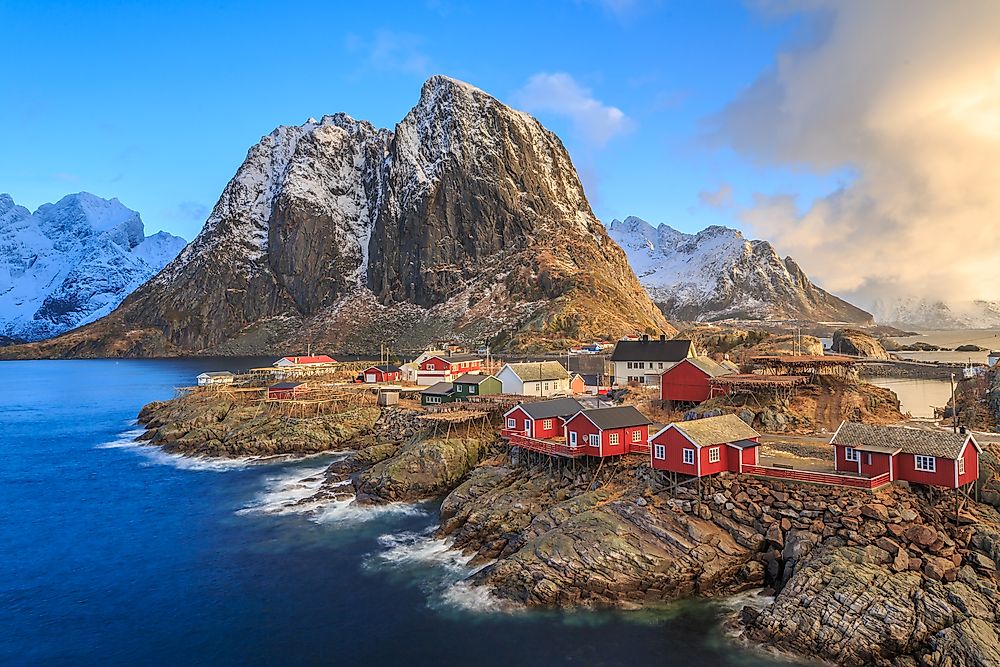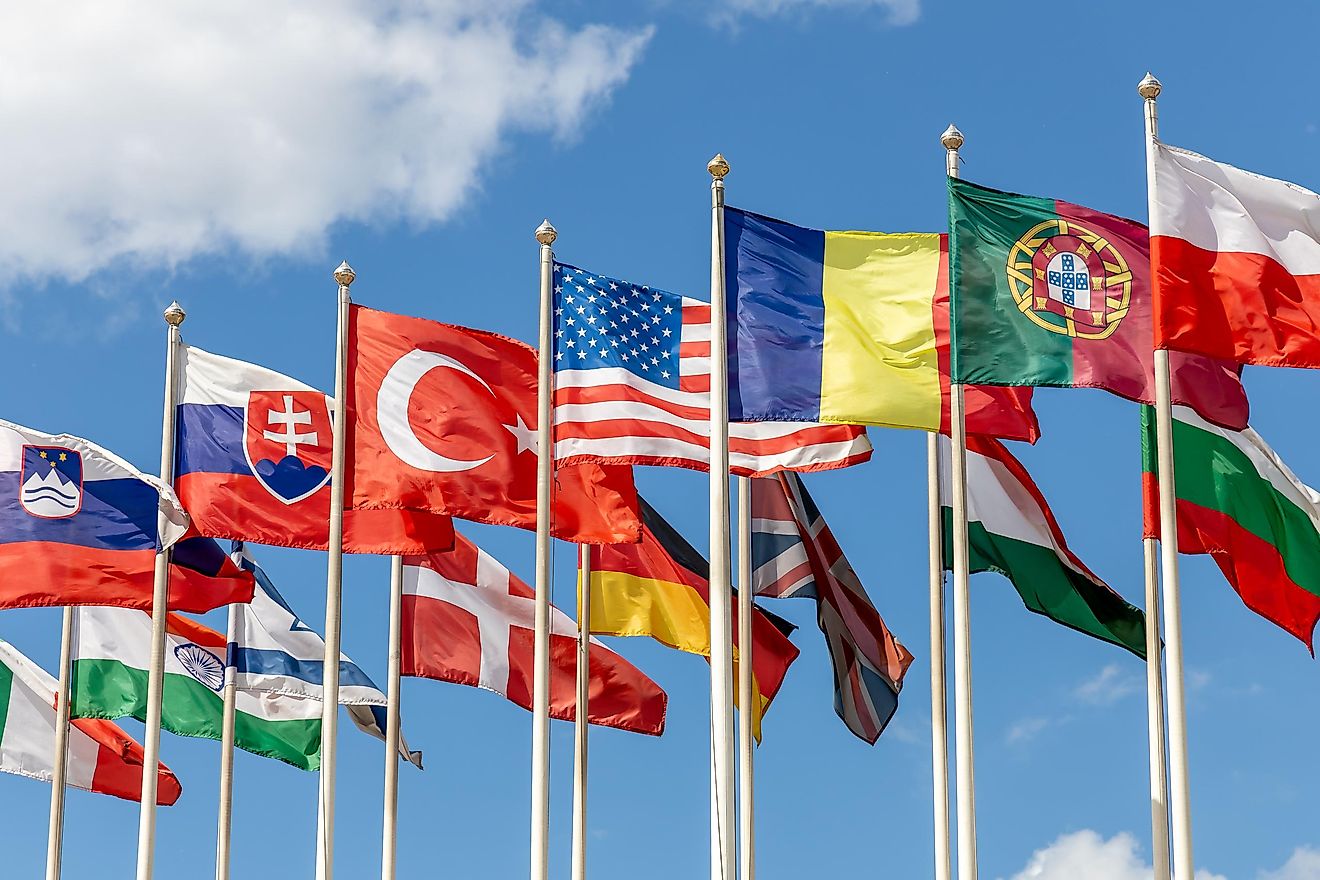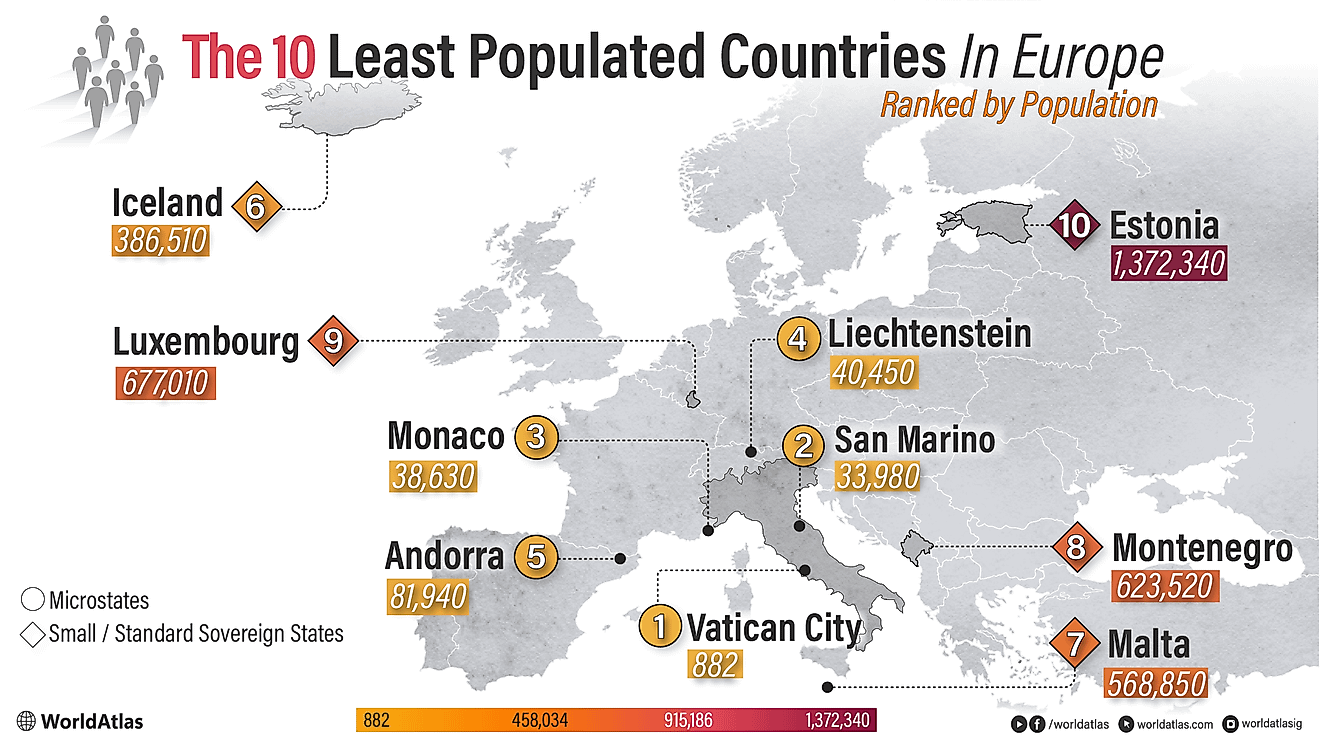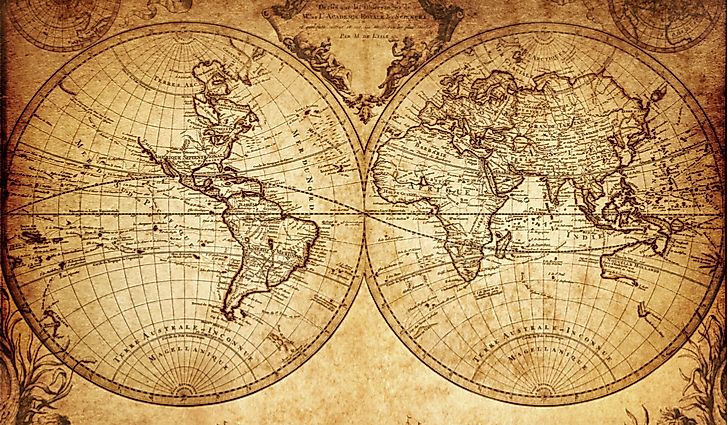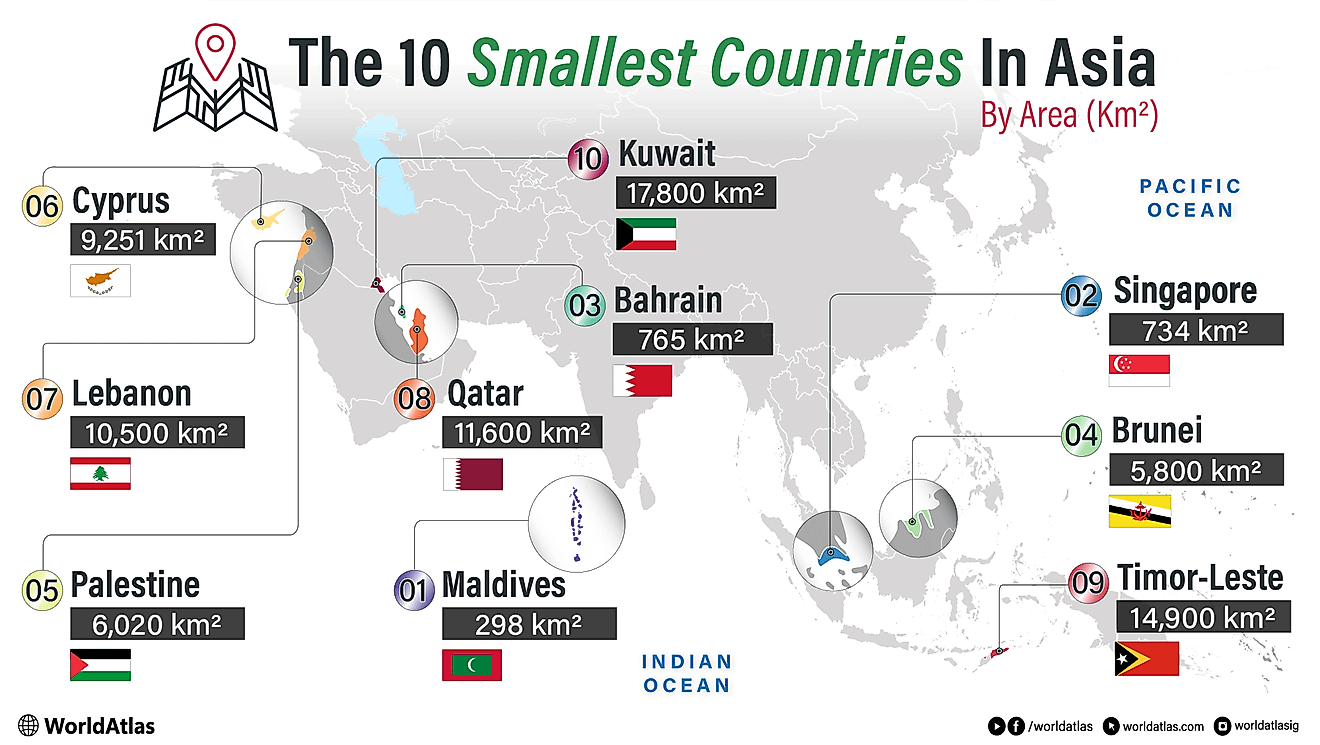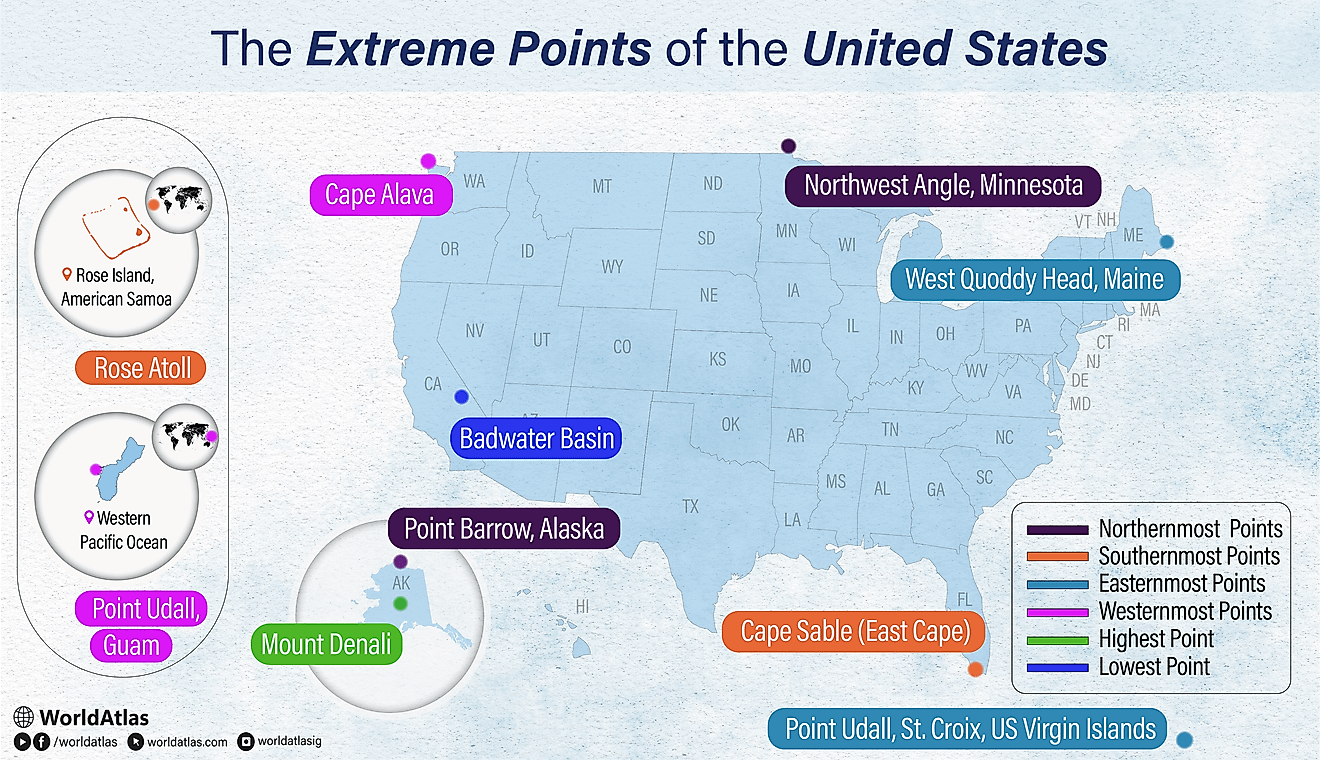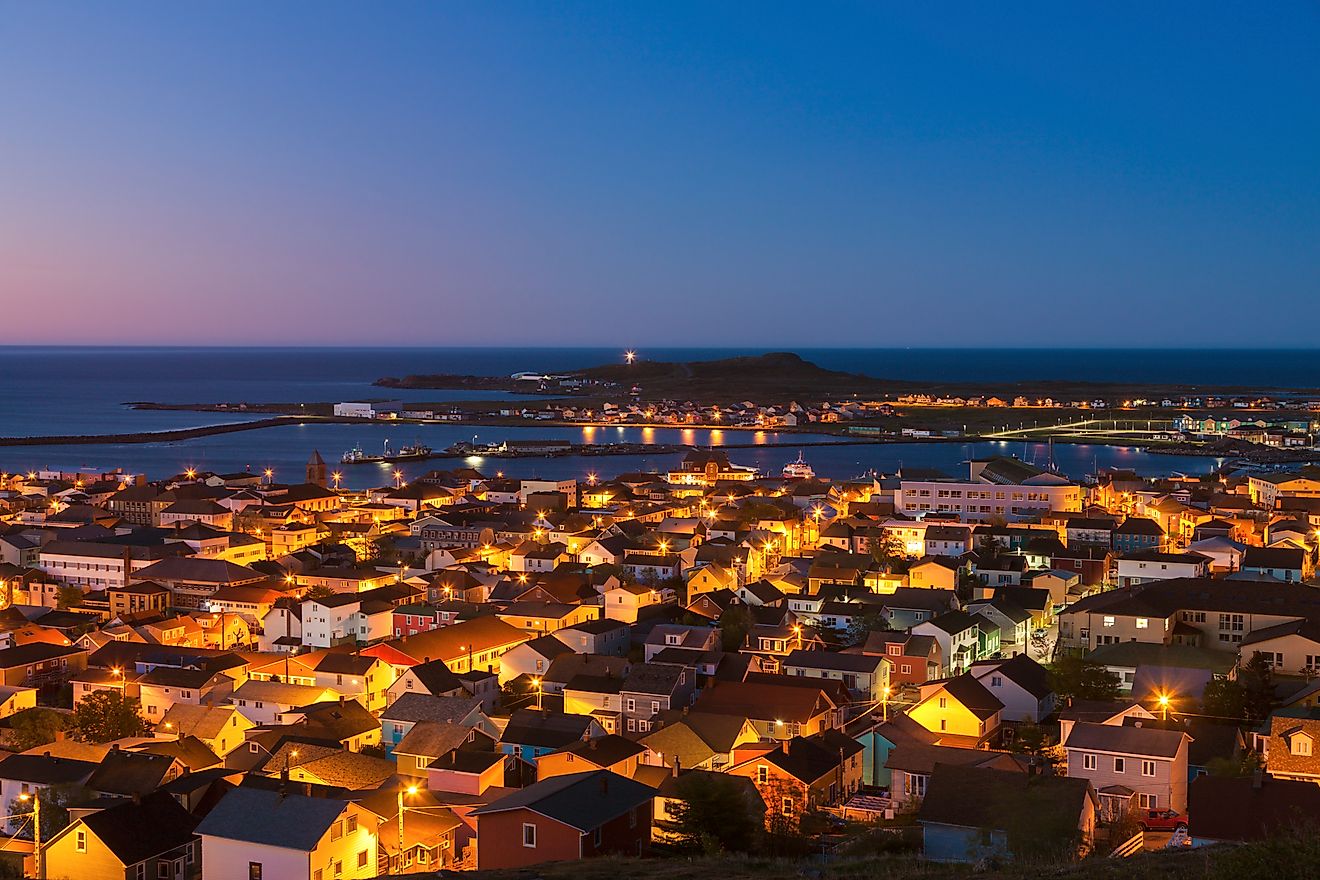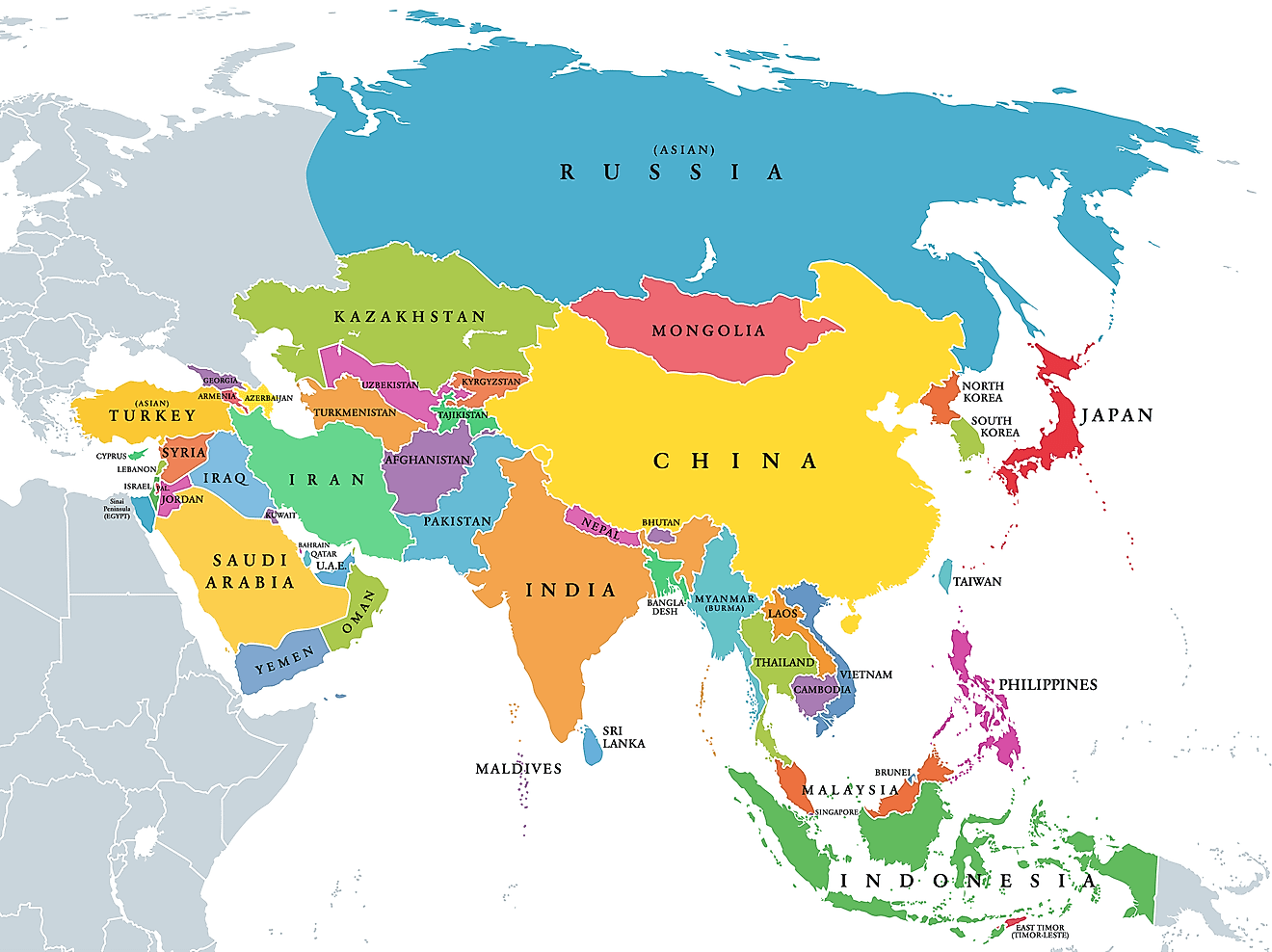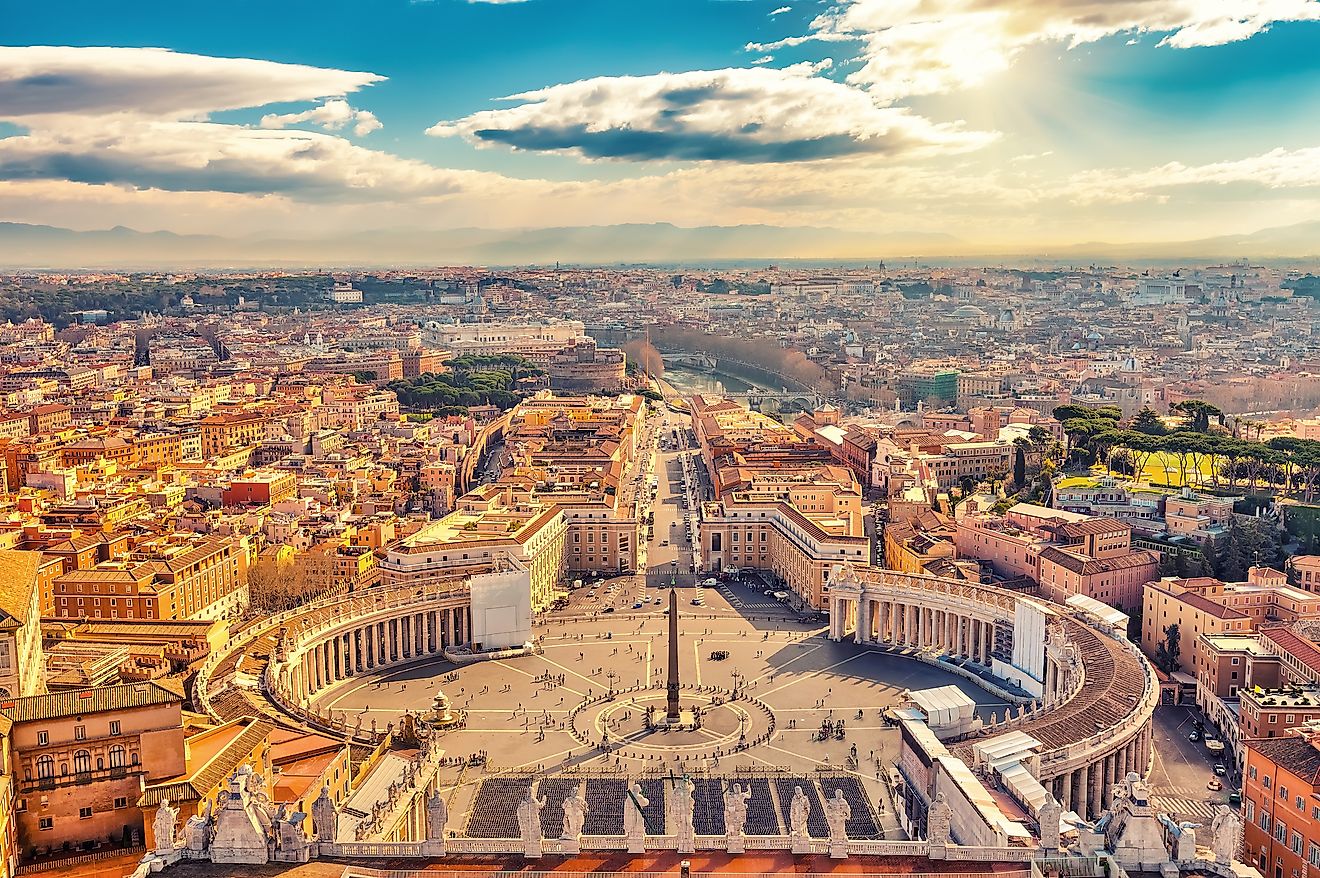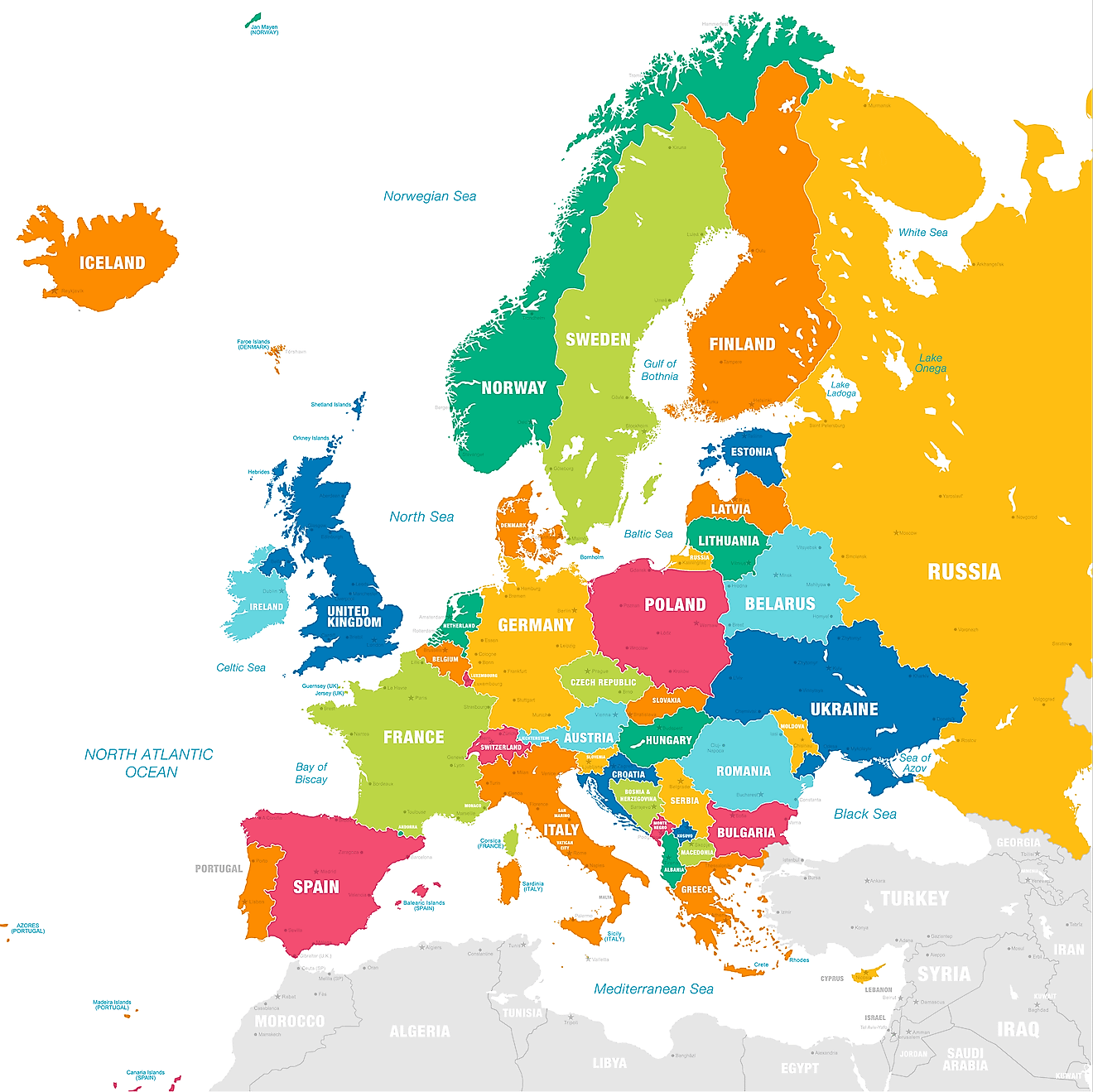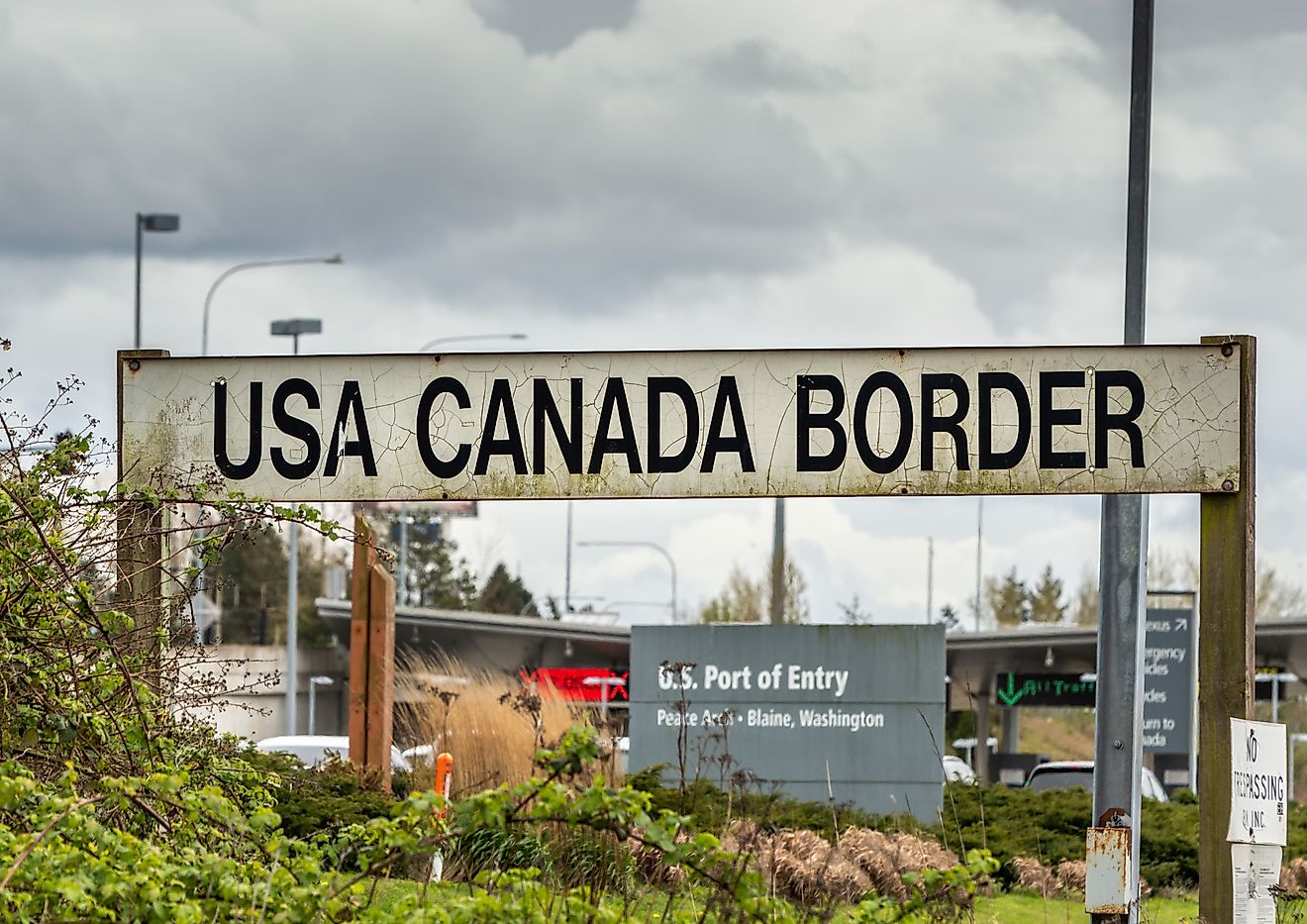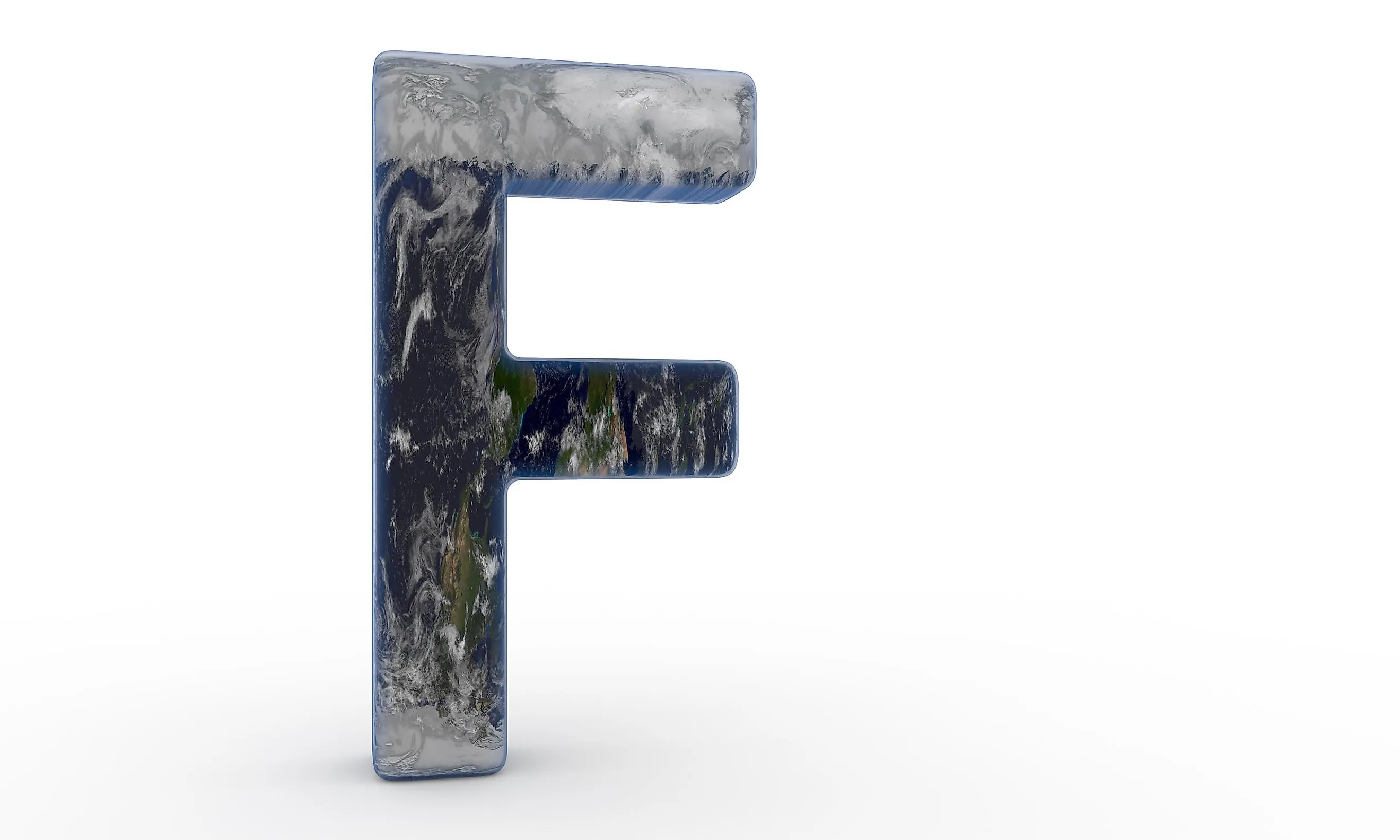
Countries That Start With The Letter F
There are only 3 countries whose names start with the letter F. Even though the sound "F" starts the names of only three countries in English, this same sound is used in roughly 44% of all languages!
Furthermore, in English, the "F" sound appears in about 2.30% of all words based on data findings by Cornell University. Yet, how these 3 countries got their names that start with "F" is a fascinating story, so keep reading to learn more.
All Countries That Begin With The Letter F
| Country | Population | Land Area |
|---|---|---|
| Fiji | 936,375 | 7,055 mi2 |
| Finland | 5,545,475 | 130,558 mi2 |
| France | 64,756,584 | 248,572 mi2 |
France
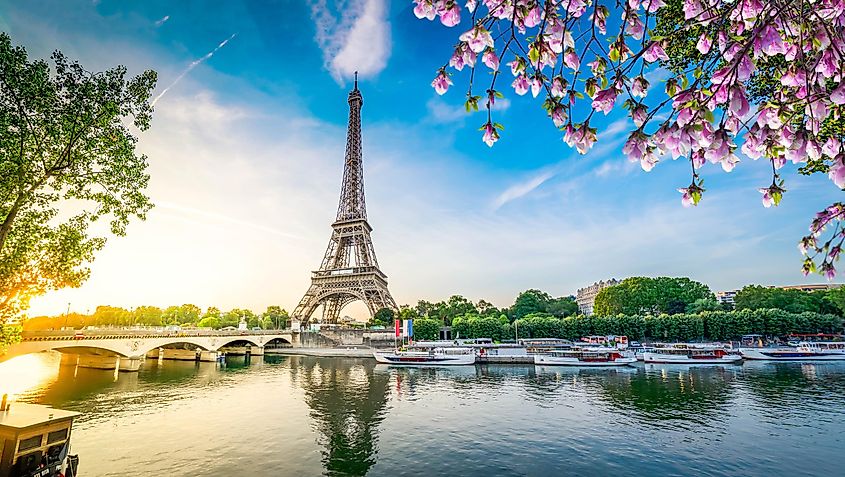
France was first named Gaul during the time of the Roman conquest in the 1st century BC. When Rome collapsed in Western Europe, Gual was conquered and settled by a Germanic tribe called the Franks, the land later became Francia, and eventually France.
France can be found in the heart of Western Europe bordering the countries of Germany, Italy, Switzerland, Spain, Andorra, Belgium, and Luxembourg. Modern-day France remains a cultural juggernaut within Europe. French fashion and food are still some of the most sought-after and respected aspects of this country.
Economy
France's economy has been consistently strong for much of its modern history. In the 20th century, the countries of course underwent incredible hardship during the World Wars and the Great Depression but it was able to emerge from the other side relatively unscathed.
The French economy is currently the 6th largest in the world. The country has a mixed economic system, characterized by both private and public sectors. The service sector contributes over 70% of the country's GDP and includes public transportation, tourism, defense, energy, and telecommunication
Culture
For centuries France was defined by its close ties to Catholicism and its relationship with the Catholic Church. This underwent a radical change during the French Revolution in the late 18th century in favor of a more secular approach.
This culture of secularism has now become an ingrained part of the French identity despite a majority of French citizens claiming to follow the Christian faith. As a result, France is one of the most atheistic countries on Earth with more than 33% percent of French citizens claiming no religion at all.
Fiji
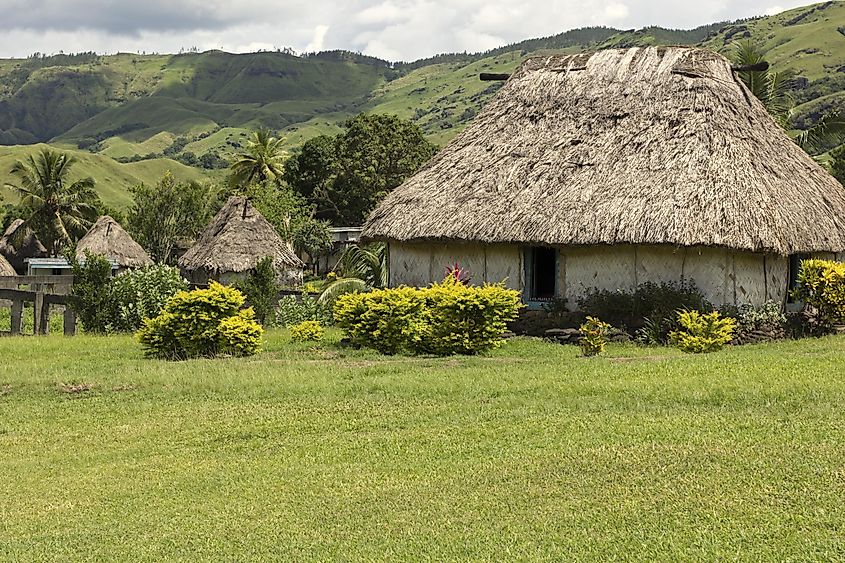
Fiji was originally known as Viti Levu, which translated to “the great island.” Its modern name was the result of an error in communication between the Tonga people and Captain James Cook who visited the island in the 1700s.
The island nation of Fiji can be found in Oceania. It shares no land borders with other countries but its closest neighbors are Tonga, Samoa, Vanuatu, and Tuvalu. Fiji is home to some of the most stunning tropical landscapes on the planet and has become a tourist hotspot in recent decades.
Economy
Fiji has little in the way of industrial output or access to natural resources. However, this has not stopped the Fijians from utilizing their beautiful country to their own benefit. Tourism makes up the largest aspect of the Fijian economy bringing in billions of dollars each year.
Agriculture used to be the main source of income for Fiji in decades past but this has slowly fallen into second place. The core of Fijian crops are sugarcane, coconuts, and pineapples.
Culture
Fiji is a fascinating blend of dozens of cultures from around the world. At one time, like many countries within Polynesia, Fiji used to be almost entirely homogenous. This changed when the British colonized the island in the 19th century.
As a part of the British Empire, thousands of British subjects from India flooded into Fiji leaving a profound cultural impact on the island. Modern Fiji represents this diverse history in its three modern languages English, Fijian, and Fiji Hindi.
Finland
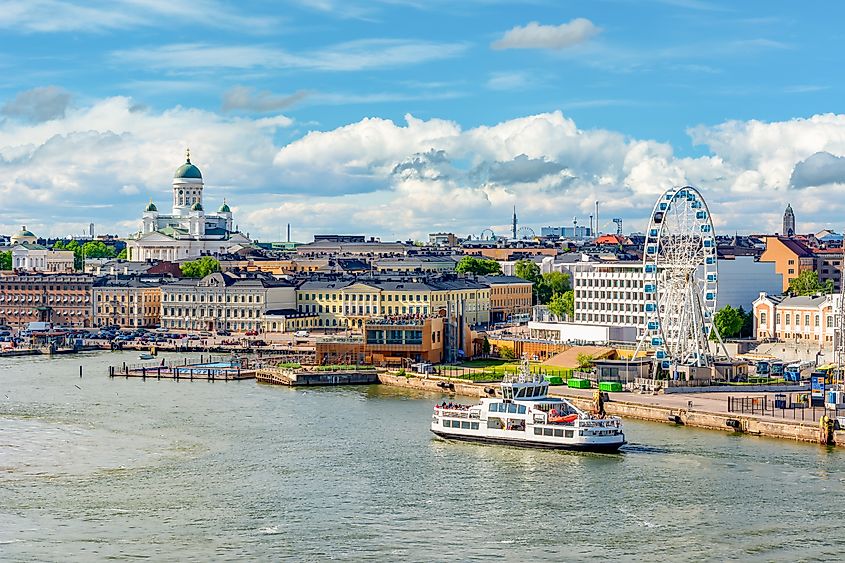
The name Finland literally means land of the Finns. The Finns themselves do not call their country Finland but rather Suomi. Suomi is also the word they use to refer to the Finnish people.
Located in the north of Europe, Finland has existed in Europe as a kind of phenomenon for centuries. Its language and culture are incredibly distinct from its neighboring influences of Russia and Scandinavia despite being so entwined with both entities throughout its history.
Economy
The economy of Finland is a mostly free market economy that is highly industrialized and has a high dependence on trade, which accounts for about 33% of its gross domestic product. The Finish economy is incredibly diverse and has been ranked as the 7th most complex economy in the world.
Finland is one of the more productive members of the European Union and has managed to maintain a steadily growing economy for the last handful of decades. Any foreseeable slowdown of its economy will come about from its rapidly aging workforce and low birth rate.
Culture
Finland has a very interesting culture that consists of influences that hail from both Western and Eastern Europe. Finland has often found itself on the border between the two halves of the continent and it shows.
The Finnish language is one of the most unique in the world too. It is considered to be a Uralic language and shares little with either Slavic or Scandinavian languages. The only other Uralic languages in Europe are Estonian and Hungarian.
Although there are only three countries on Earth that begin with the letter F, they are each incredibly interesting and influential places in their own right.
